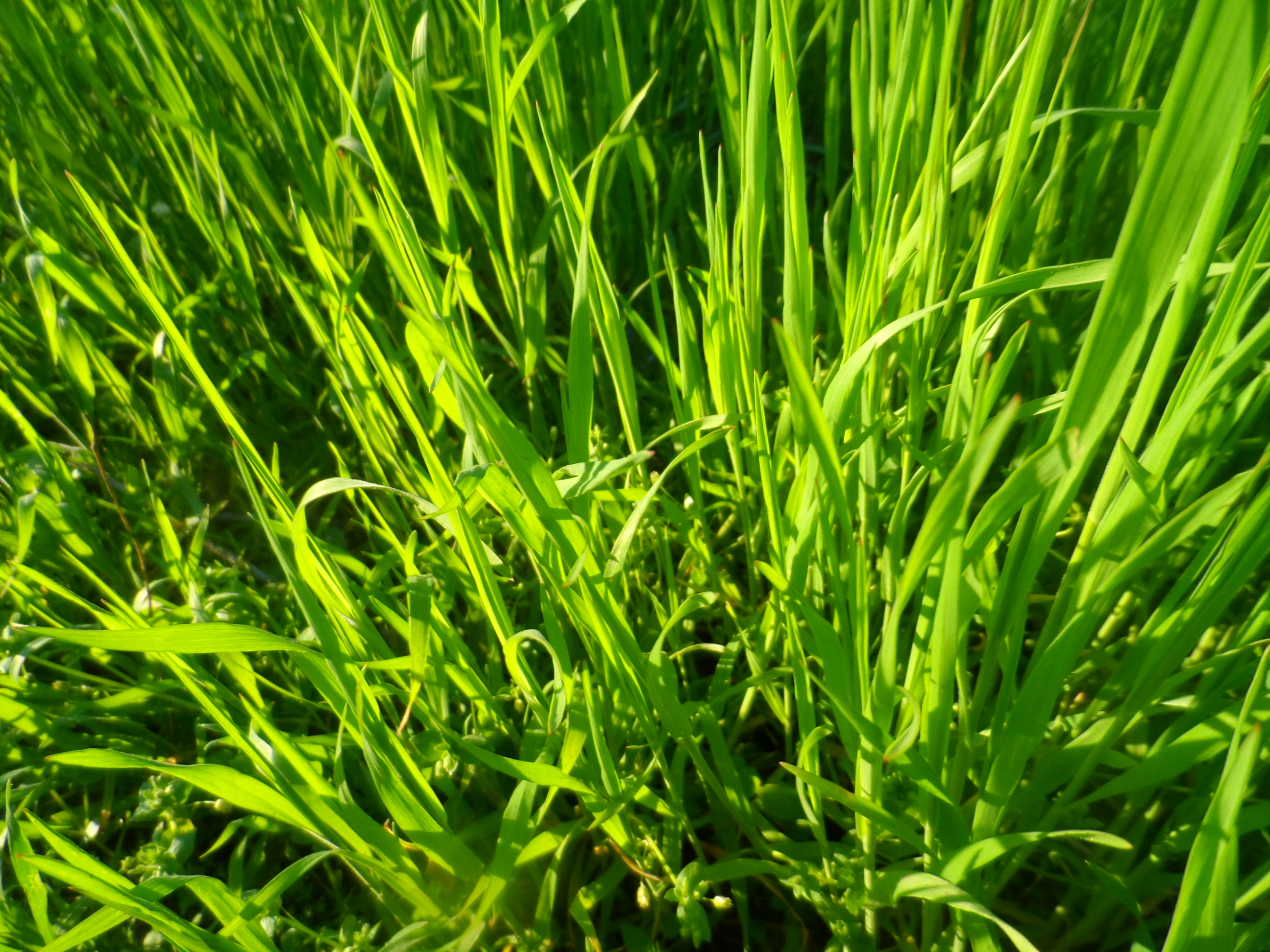
Understanding Soil Health: The Key to a Vibrant Lawn Aug 05, 2025
The foundation of any healthy lawn is its soil. Soil serves as the primary medium from which grass takes essential nutrients and water. A well-maintained soil structure ensures proper drainage, aeration, and nutrient uptake, all crucial for robust growth. Poor soil health can lead to a multitude of lawn problems, including patchy grass, increased pests, and disease susceptibility. Let’s delve into what makes soil healthy and how you can improve it.
Nutrient content is a crucial aspect. Soil in good condition contains a balance of essential nutrients like nitrogen, phosphorus, and potassium. Each of these nutrients supports different aspects of plant health. Nitrogen promotes lush, green growth; phosphorus aids in the establishment of roots and flower development, while potassium strengthens the plants’ resistance to disease. An imbalance in these nutrients often leads to stunted growth or discolored grass, making your lawn less vibrant.
Another critical factor is soil pH, which indicates acidity or alkalinity levels. Most lawns thrive in slightly acidic to neutral pH levels, typically between 6.0 and 7.0. When the soil's pH drifts out of this range, it can restrict plants' ability to absorb nutrients effectively. Conducting a simple soil test can provide valuable insights into your soil’s current condition, including its pH and nutrient levels. This information allows lawn care professionals, like those at Phillips Lawn Services, to tailor treatments effectively, ensuring your soil supports lasting health for your grass.
Compaction often lies at the root of poor soil health. When soil particles are pressed tightly together, it restricts the flow of air and water to plant roots. This issue commonly results from heavy foot traffic or machinery usage. Regular lawn aeration, a process that involves perforating the soil with small holes, can greatly alleviate compaction. This practice opens up the soil, allowing it to breathe, which in turn promotes better water absorption and root growth.
Incorporating organic matter such as compost or well-rotted manure enriches the soil by providing additional nutrients and improving its texture. Organic matter enhances soil's ability to retain moisture while improving its structure, making it less prone to compaction. Additionally, as organic matter breaks down, it provides a constant nutrient release, reducing the need for chemical fertilizers.
Consistency is the key to achieving and maintaining great soil health. Regularly scheduled maintenance and conscious lawn care practices, provided by professionals like Phillips Lawn Services, ensure long-term results. These experts can diligently assess, amend, and maintain your soil, allowing your lawn to flourish with minimal effort on your part.
In summary, a vibrant lawn is not solely a result of surface-level care. By focusing on soil health, you're cultivating a solid foundation that supports lush, sustainable growth. Remember to test your soil regularly, address compaction, maintain proper pH levels, and enrich the ground with organic matter. Armed with this understanding and the expertise of Phillips Lawn Services, you're well on your way to enjoying the envy of your neighborhood—your perfect lawn.
/filters:no_upscale()/media/c027e6b2-944c-4141-ab5e-aa1a21499f48.png)
/filters:no_upscale()/filters:format(webp)/media/1bdefce8-89ec-45fe-bc3a-4153abb490e9.png)